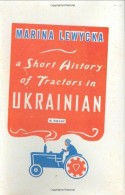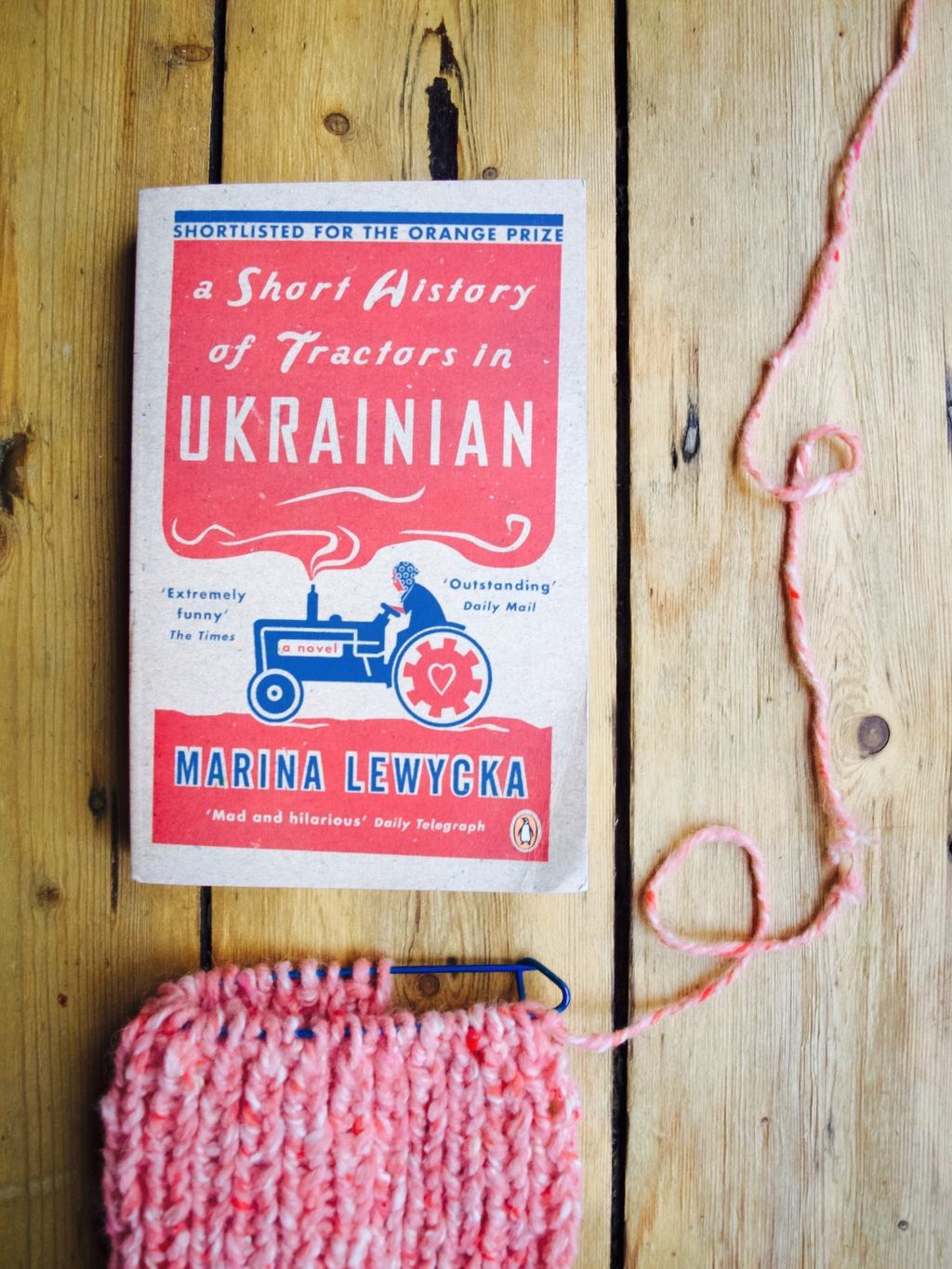
Nadia is "the Peace baby", brought up in the '60s "that taught me to see all women as sisters - all women except my sister, that is", who can afford the luxury of being a liberal socialist but who now casts herself as "Mrs Flog-'em-and-send-'em-home" when her personal inheritance is being threatened by an illegal immigrant. Sociology aside, so much of the envy, deception, fear, humour and devotion of these various family members is determined by the particular past they were born into, which seems to unravel and catch them up when Valentina arrives on their doorstep.

She and her estranged, chain-smoking sister Vera, 10 years older, divorced and designer-clad, are brought together by a phone call in which their 84-year-old father announces his intention to marry the 36-year-old Valentina, ostensibly to save her from deportation but probably to cling to her enormous bosom.

Nadia, married to dozy (too much of Nikolai's plum wine), affable Mike, is a lecturer in sociology (confused by her family with a social worker) and dressed by Oxfam. His book is not just about tractors he traces a history of Europe, the human soul and political ideology, snippets of which provide a clever parallel text to the rollicking family soap opera.

The title comes from the book being written by the narrator Nadia's eccentric father, Nikolai Mayevskyj. After the Indian subcontinent, is the former Soviet tragi-comic genre the next attraction? But this is not another novel describing a small ethnic group in a big city it's a heart-warming story about World War II, immigration, family feuding and growing old.


 0 kommentar(er)
0 kommentar(er)
